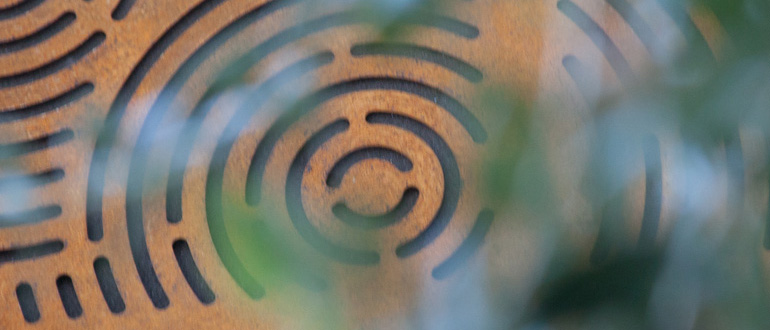This course has been canceled |
||
| Date and time: | The course will consists in monthly three hours seminars beginning in February 2021 (precise dates will follow). The course will, of course, adhere to all restrictions imposed by the COVID pandemic, and will change to an online format if necessary. |
|
| Place: | TBA | |
| Registration: | If you are interested in enrolling in this course - please contact secretary Jeanet Dal at mail dal@sdu.dk | |
| Participation: | Participation is limited to 10 students. For the course to be realized, we need encollment of at least sex doctoral students; at the other end participation is limited to ten students. |
|
| Teacher: | The course is taught by Dietrich Jung and located at SDU, Odense. | |
| Organized by: | FORAH (The Doctoral Programme for Area Studies, Archeology, Religion and History (SDU) |
|
| ECTS: | 2,5 |
|
PhD course, Spring 2021 at Department of History, SDU
History and Social Theory: Reflecting the macro-micro link
Dietrich Jung, Institute for History, University of Southern Denmark
This course has been canceled
This course offers a forum for the discussion of theoretical and methodological questions in prospective and ongoing PhD projects. In order to facilitate this discussion, the seminar will introduce some paradigmatic thinkers representing the two major theoretical traditions that have largely characterized the development of social theory and its application to historical research. On the one hand, micro-sociological approaches which have focused on the individual as level of analysis and emphasized the contingency of social orders, resulting from negotiation processes among individual actors. Macro theory, on the other hand, has departed from the determining role of social structures, emphasizing the subordination of individual actions under the coercive power of structural social contexts. This juxtaposition, in methodological terms often associated with the foundational works of Max Weber (micro) and Emile Durkheim (macro), has been increasingly confronted by new generations of social theorists who called for synthetic rather than polemic theorizing. In the so-called “cultural turn” these theorists emphasized the symbolic constitution of the social world. This shift toward culture has generated an increasing convergence of structural and phenomenological/hermeneutic approaches in the research designs of the humanities. Today, scholars in the humanities apply analytical frameworks that make selective use of concepts and methodologies drawn from both of these two broader traditions in social theory. The course will make its participants familiar with these two traditions and their applicability in historical research.
We will take our point of departure in Max Weber’s paradigmatic essay “Objectivity” in Social Science and Social Policy. The second session, then, will look at representatives of structuralist and post-structuralist thought (Claude Lévi-Strauss and Michel Foucault). In the third seminar we will turn to the phenomenological and hermeneutical approaches (Clifford Geertz and Charles Taylor). The seminar will end with summing up the development of the two theoretical traditions in light of current discussions about historical studies and “the social” based on a text by William H. Sewell JR. The course is not aiming at an exegetic reading of the selected texts. On the contrary, the readings serve us to reflect upon theoretical and methodological questions in our own research projects.
